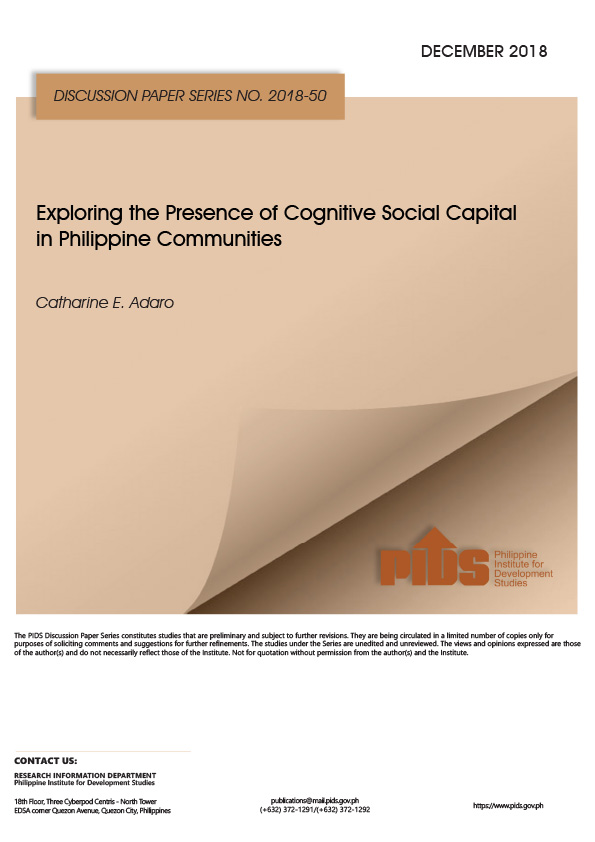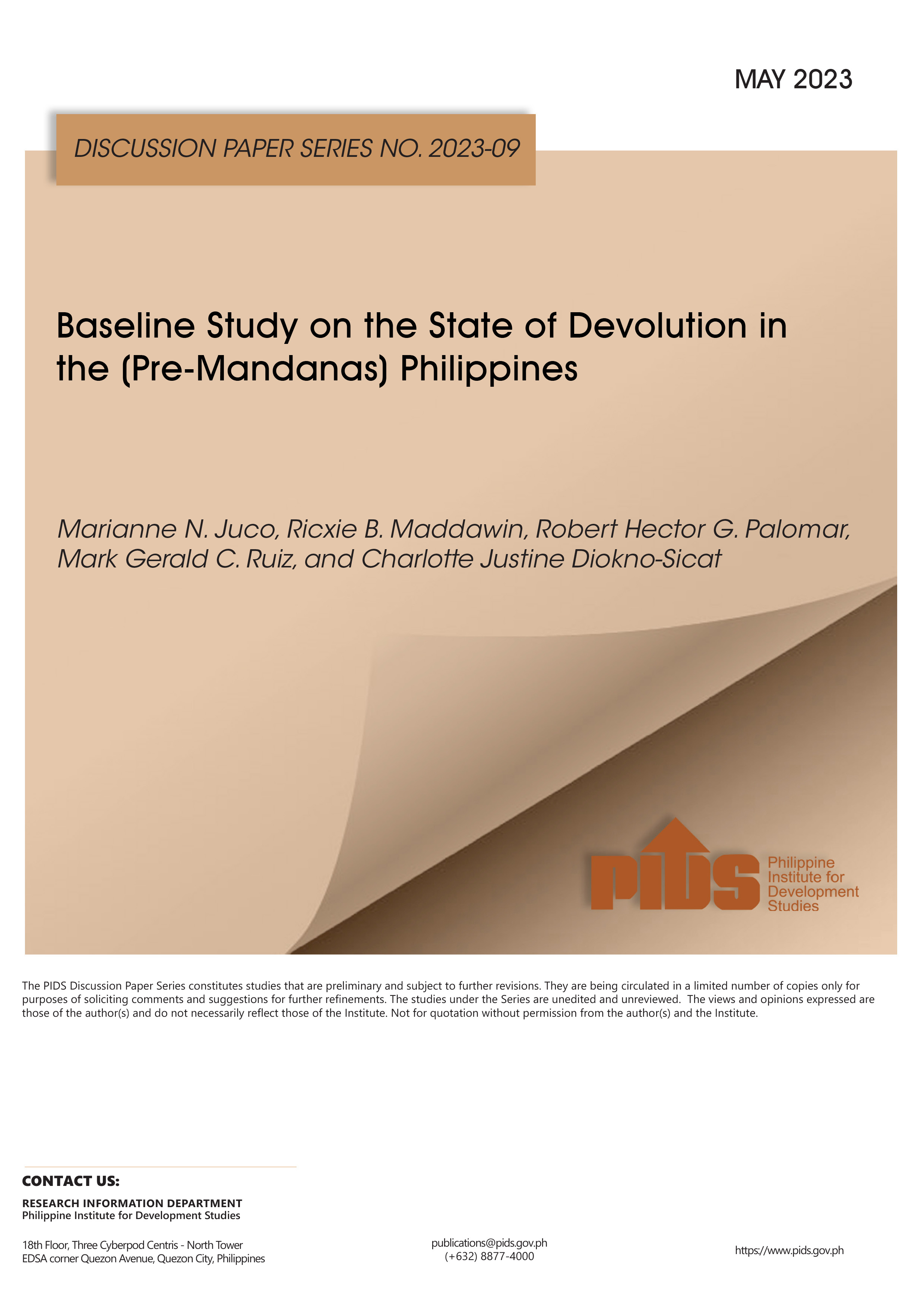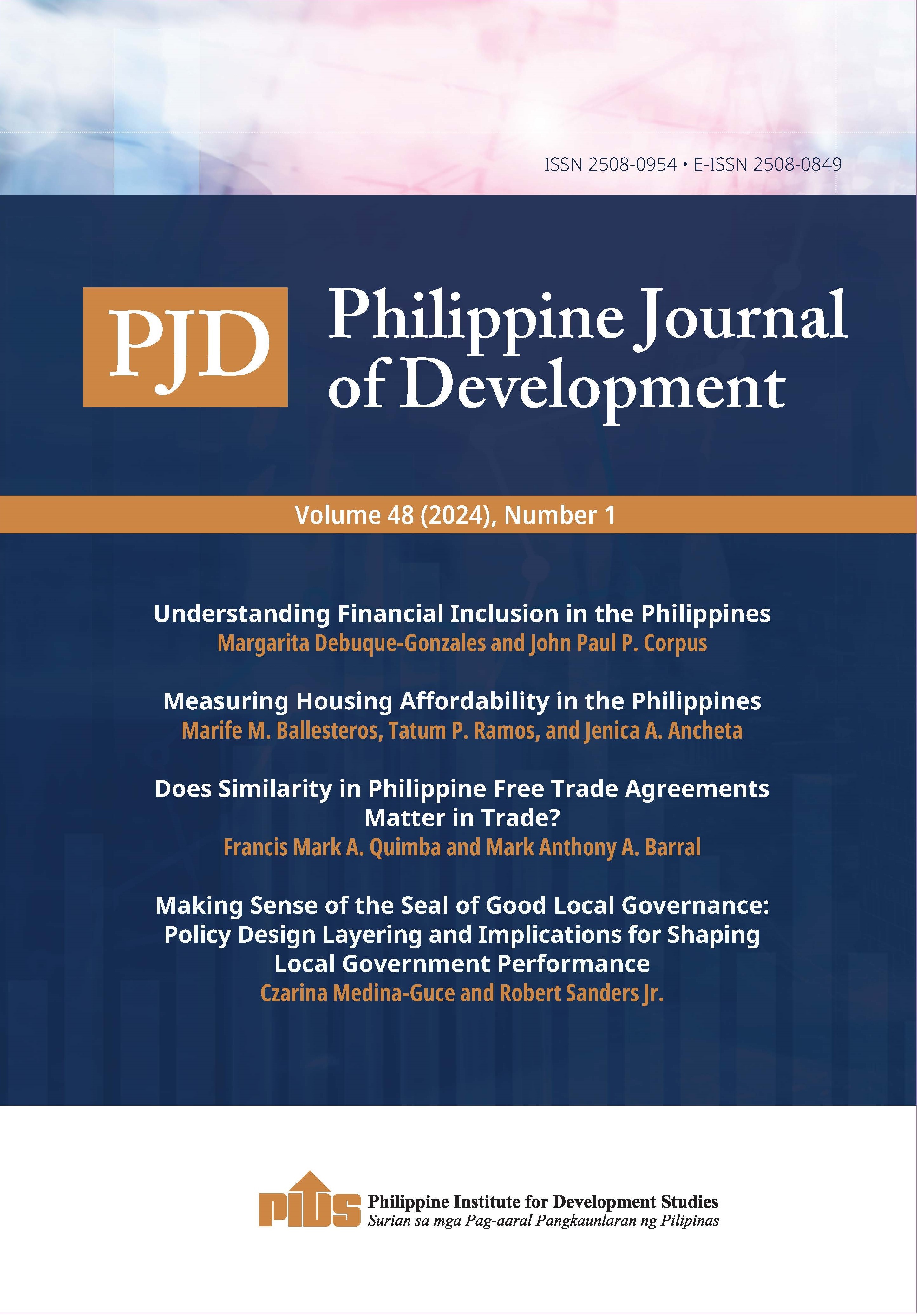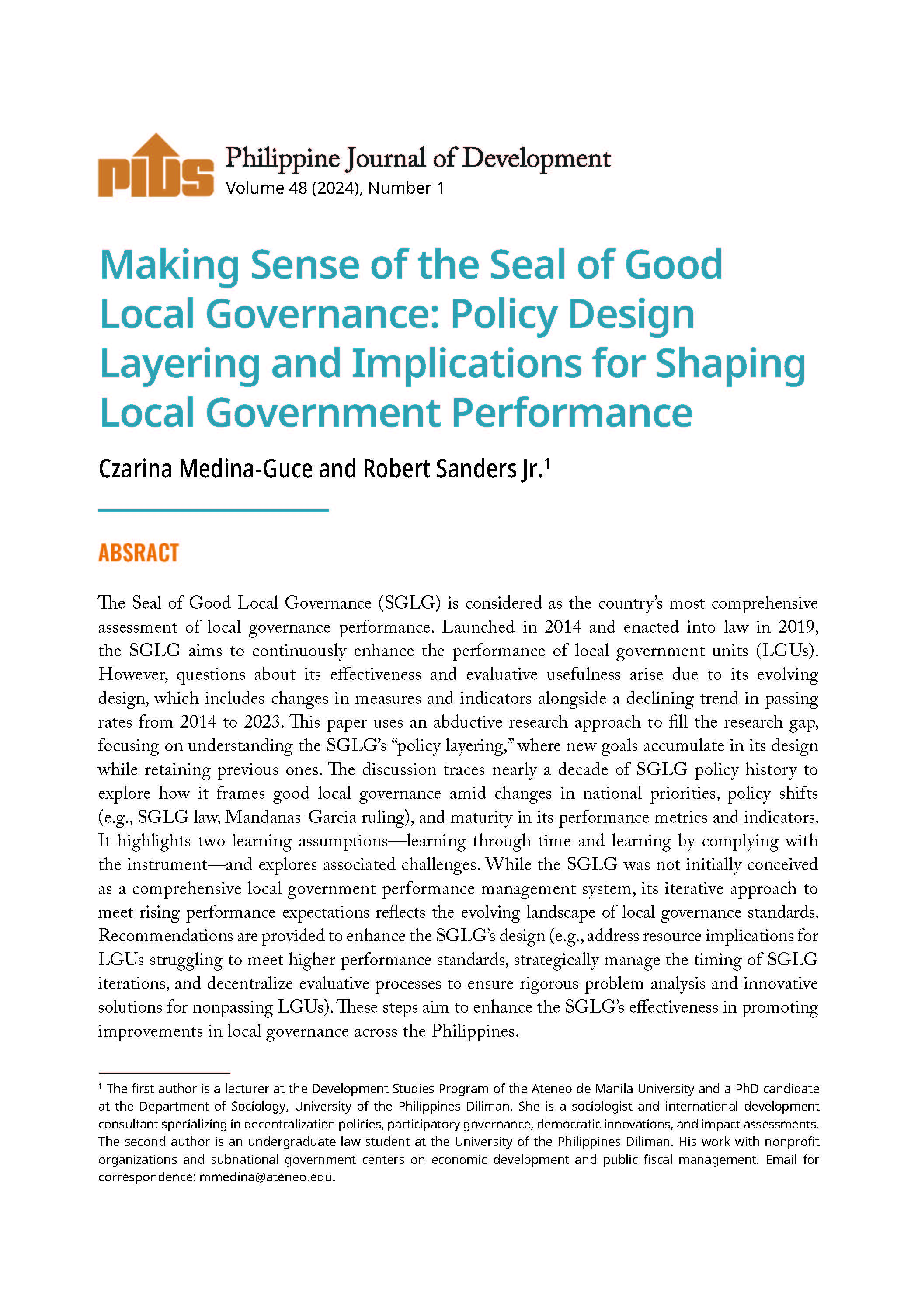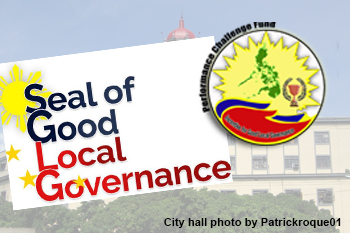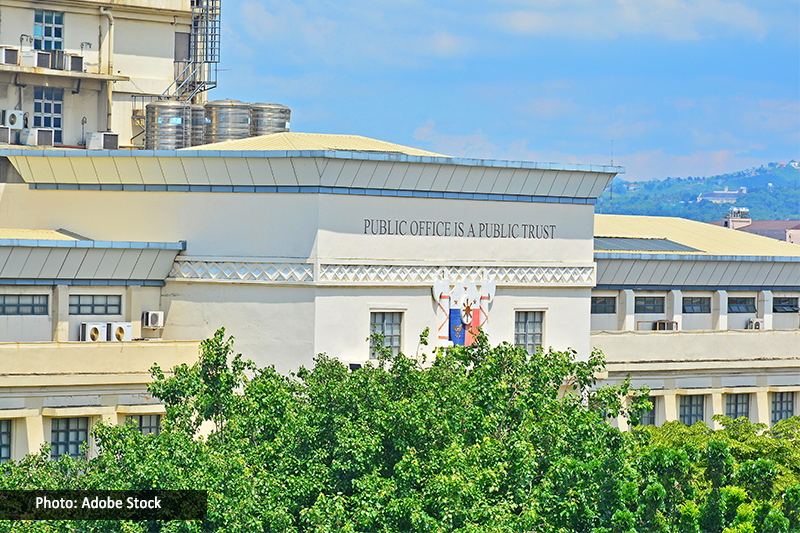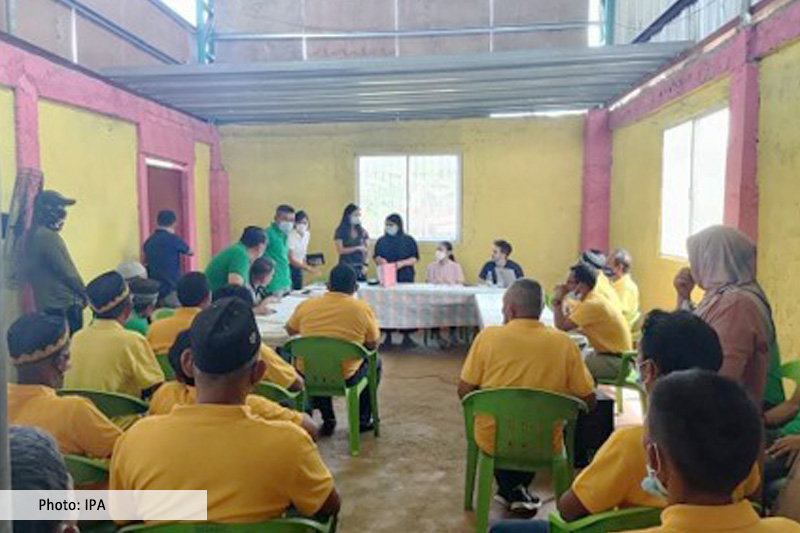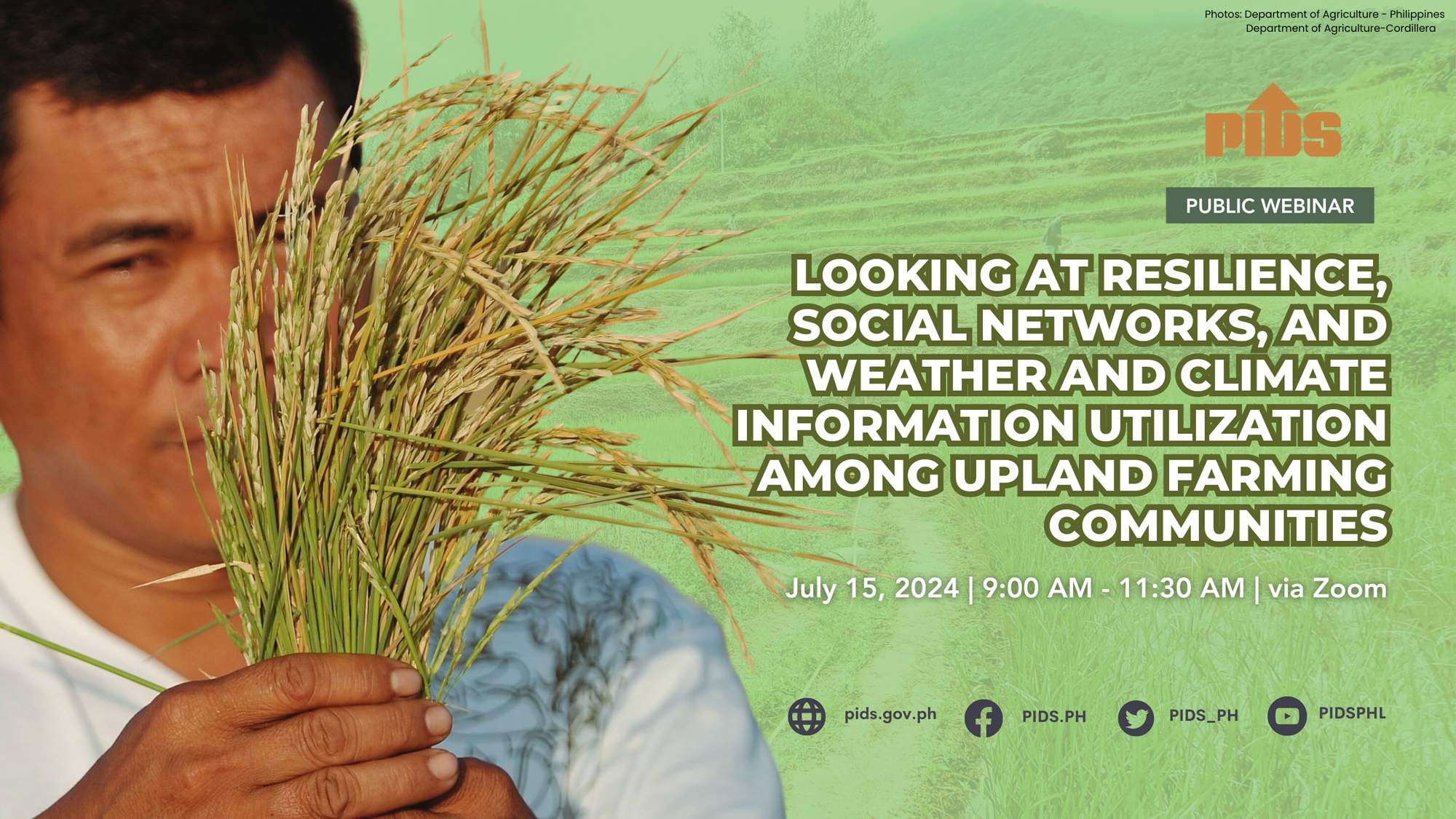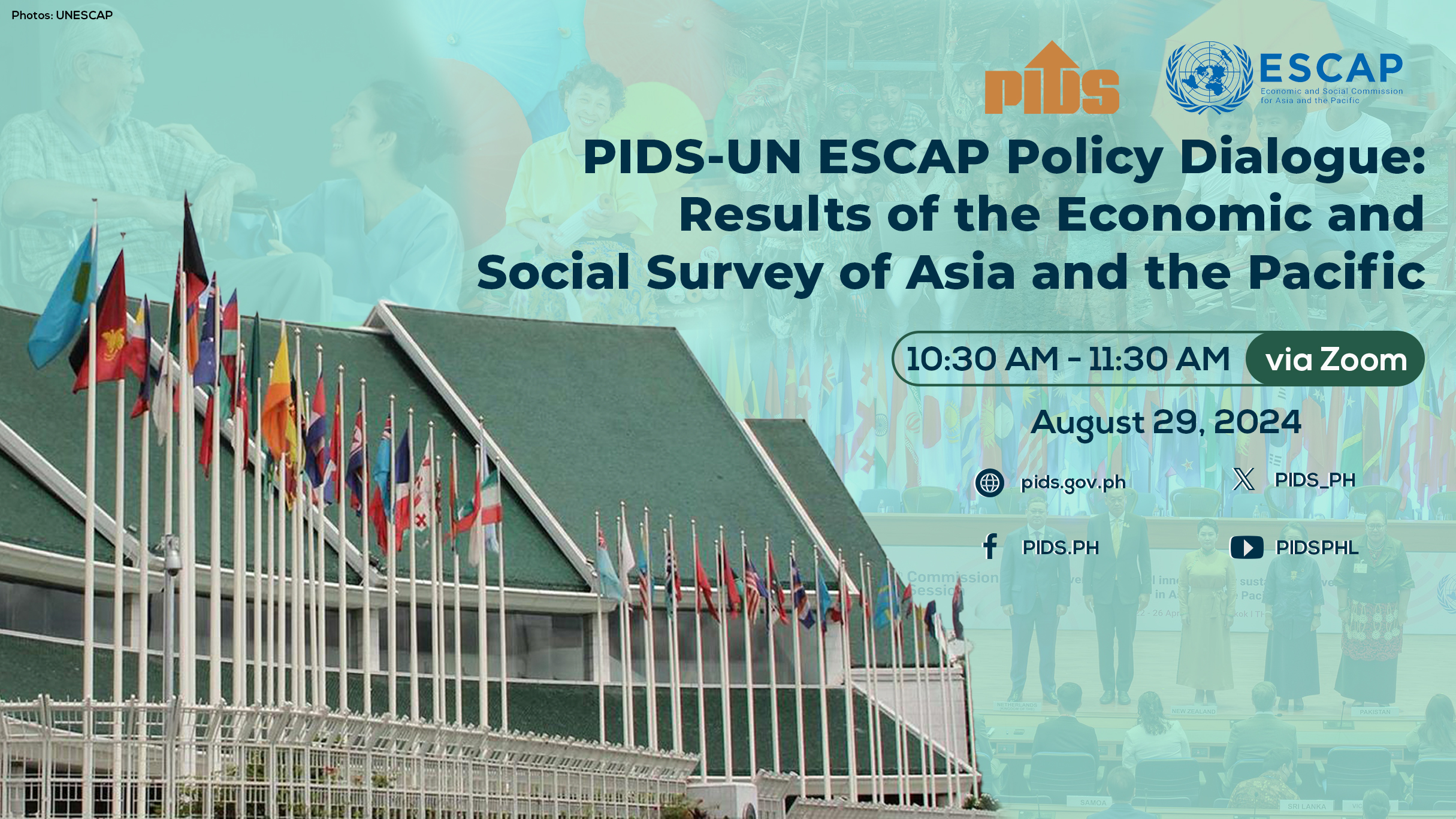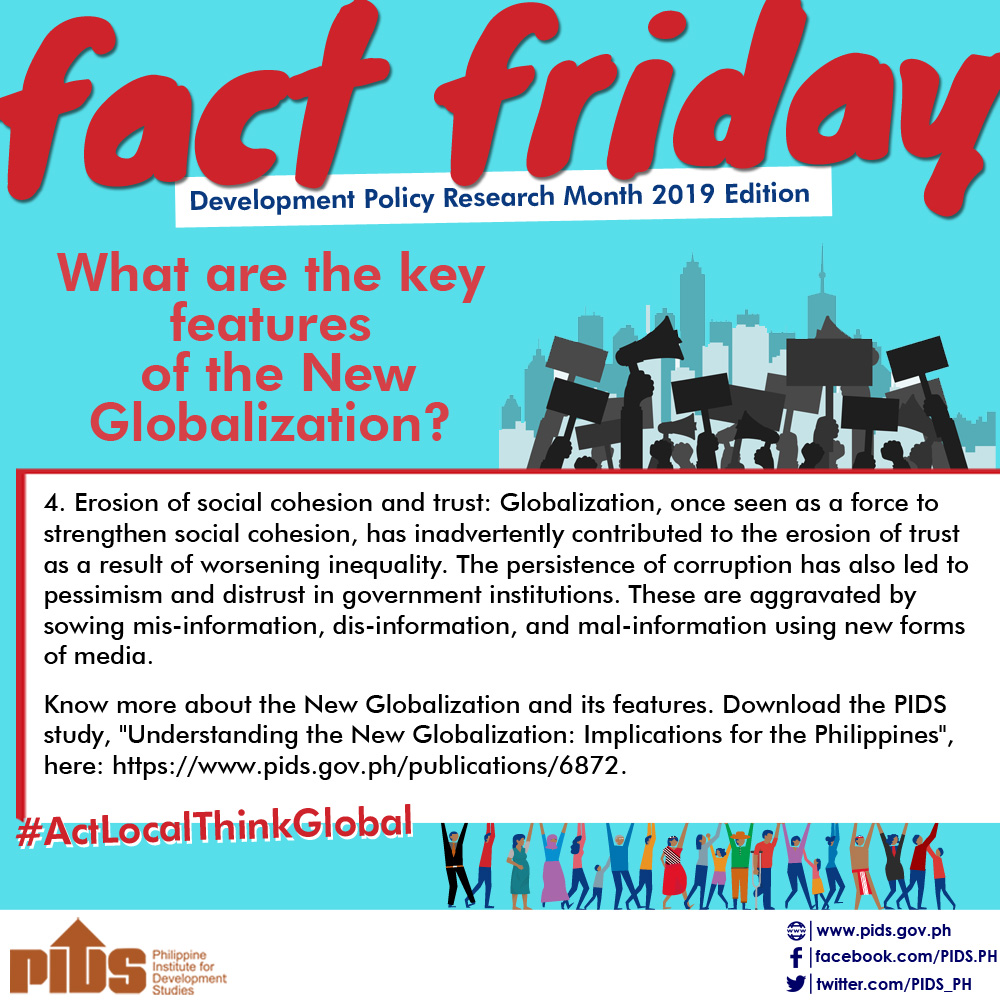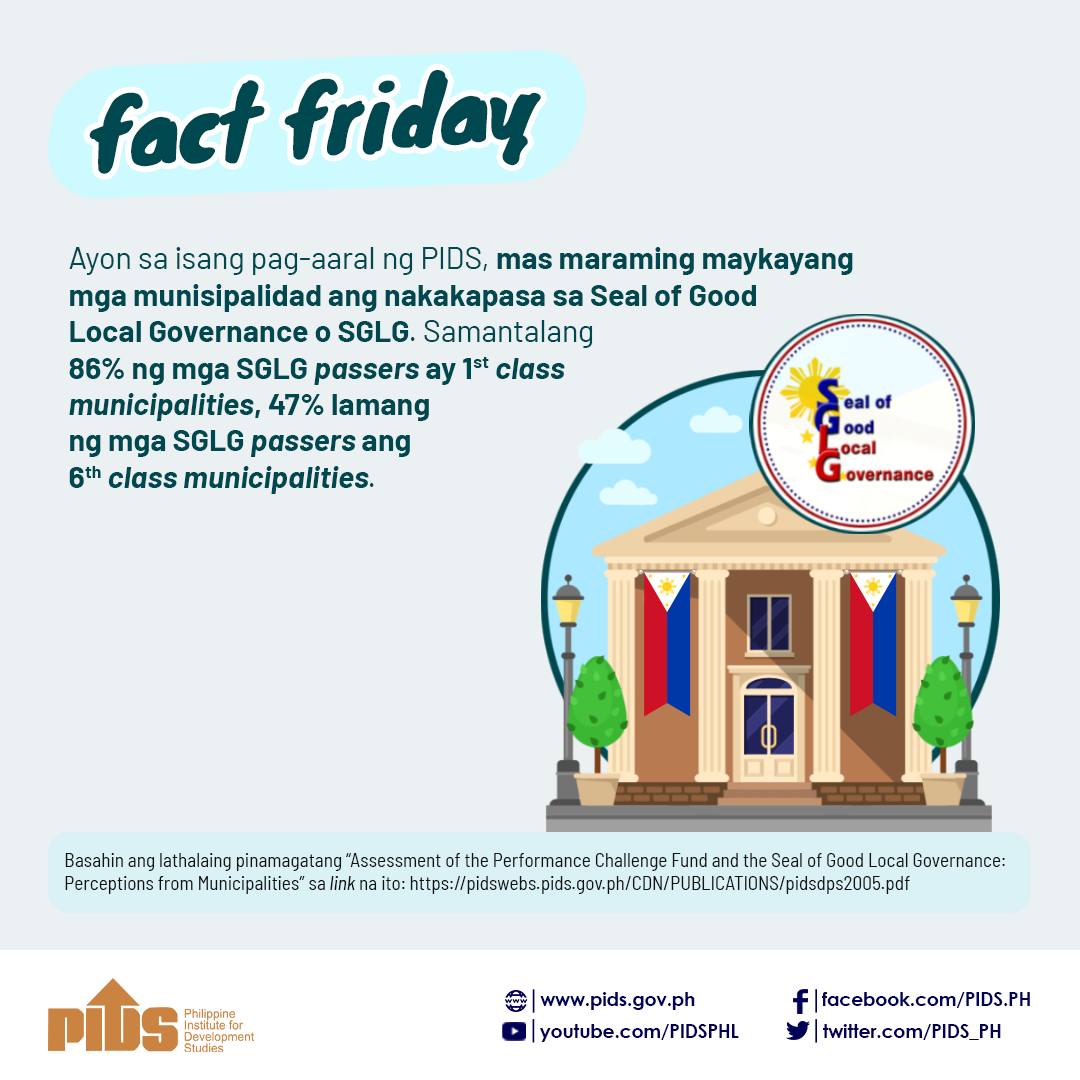Public trust in government and the strengthened solidarity are the aspects of social capital that can increase community participation in the development programs run by the government. Social capital is a resource that exists in relationships, interactions, communications, and mutual cooperation. The study discusses and measures the cognitive social capital using two proxies, trust and solidarity. It also explores the presence of the different forms of social capital—bridging, bonding, and linking—in different levels of local governance (i.e., provincial, municipal, and barangay) using social capital measurement instruments patterned after the SC-IQ tool developed by the World Bank. Findings reveal that compared to city/municipal leaders and most people in the community (generalized trust), household respondents give higher regard to barangay and provincial officials in terms of honesty and trustworthiness.

